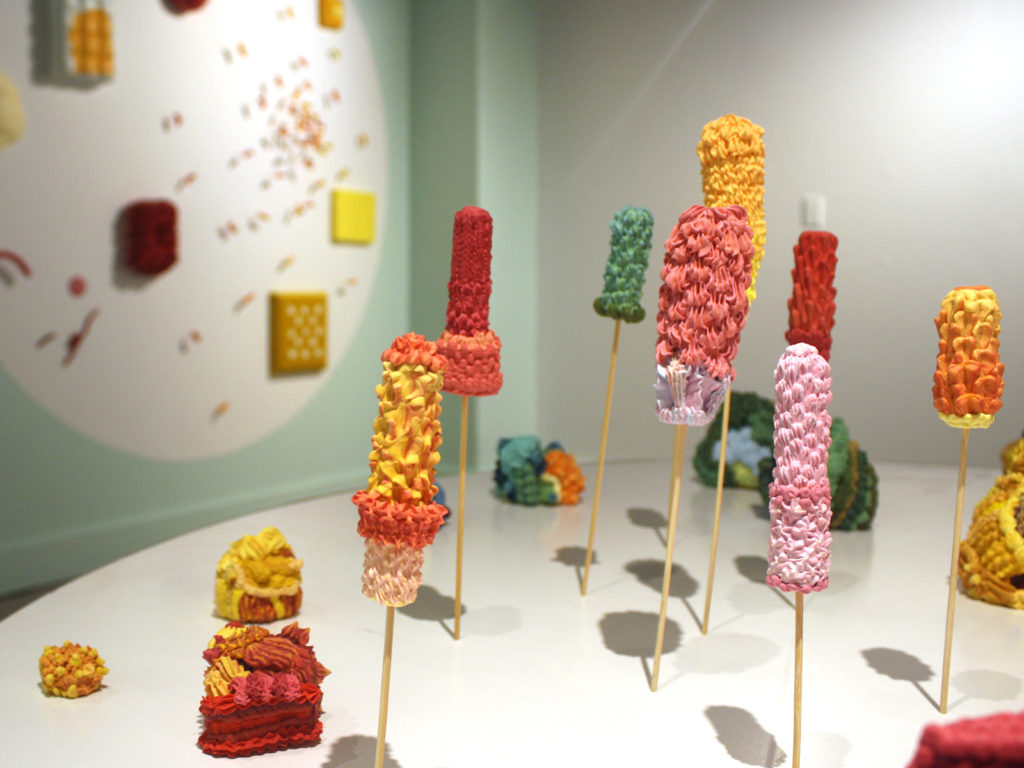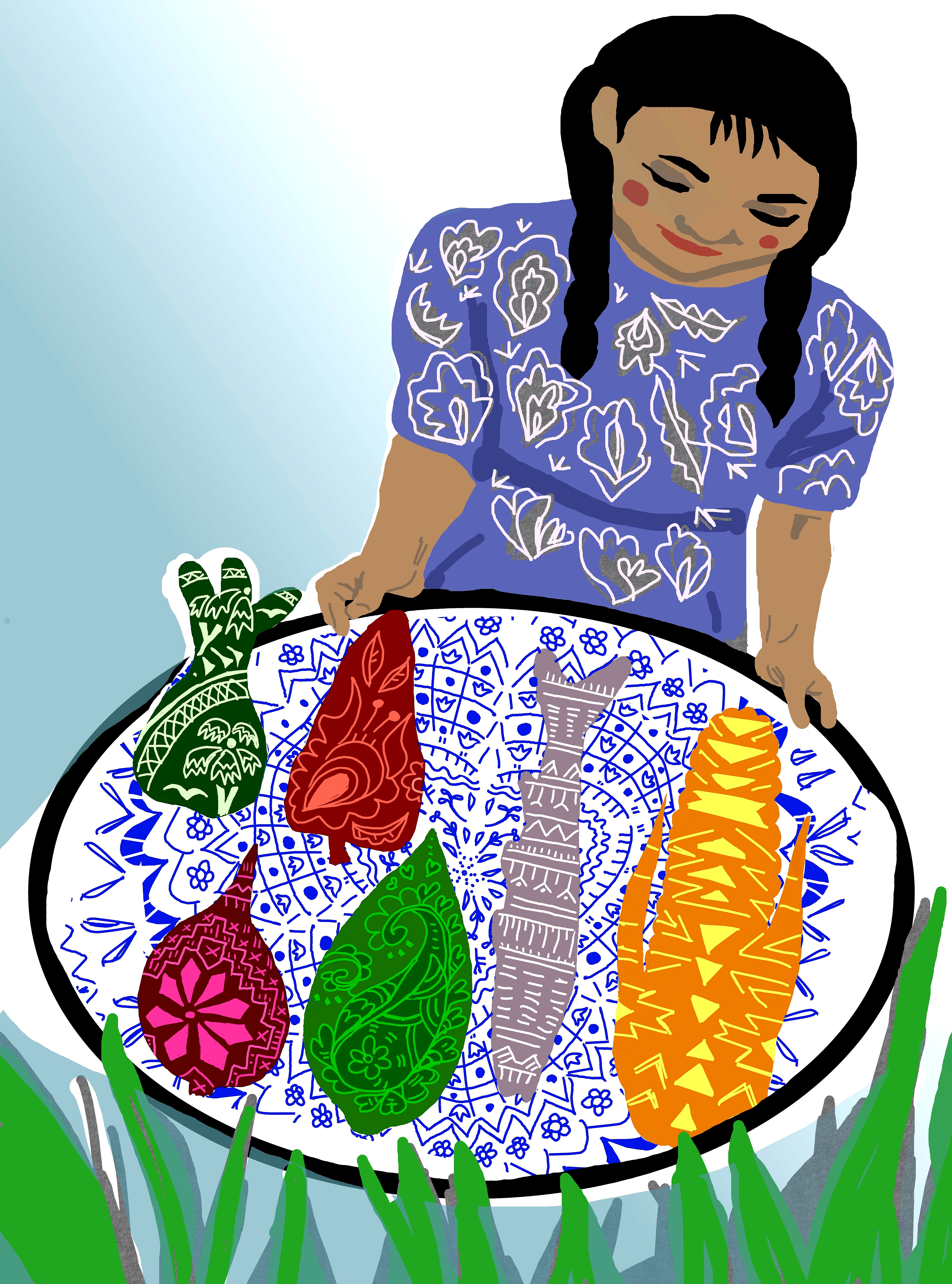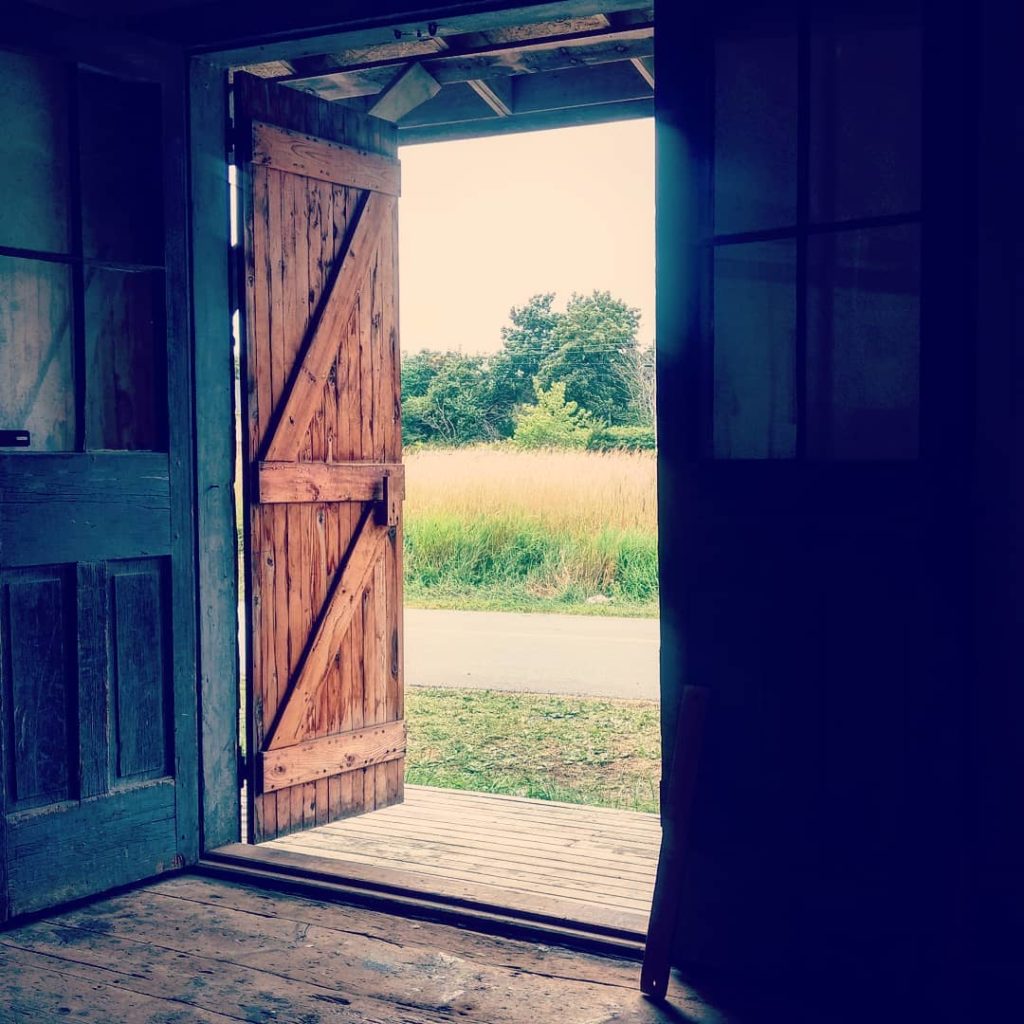Fifteen years ago, my first job—real job, not babysitting. A shift at John’s Steak Place.
“Keep the tray in one hand. Make it effortless. And you’ll need new shoes.”
The shoes, black and worn, chunky in the heel. Sturdy enough to get me to high school and back. And Deb, the woman giving orders, dark hair fading to grey, permed to loose curl, early wrinkles around the eyes and a lingering smell of menthols buried in her skin.
“You’ll make enough in tips tonight. Get a nice pair of stilettos, used if you have to. I expect them next shift.”
The tray didn’t balance, wouldn’t balance. My right hand constantly darting out to steady gin and tonic, rum and coke, plates of Caesar salad and dry ribs, whatever soup was on special. The next night, new shoes made it worse, ankle twisting left and right, Achilles taken to the limit, trying not to show my weakness while Deb laughed and walked in heels like she was born in them, confident, steady, like a swan on a lake.
It took two weeks to get it right, my wrist tight, aching with new use. Fingers strong enough now to hold back the hands of my grabby boyfriend, twisting his arm away, driving ‘no’ home.
I dumped him. Like the tray. Five times in the first week.
*
You only get stronger, better, the longer you do it. Deb was a riot. Friendly. She never gave me any pointers after the first week, just little winks when she saw me watching, listening, admiring. They ate out of her palm. New customers, regulars, the repeats. The smile, free hand on jutting hip to playfully scold a customer. Men loved her because of that smile, that laugh. Women liked her because she was caring, inquiring, but never at the wrong time, never when they had a mouth full of food. Even John liked her. And she didn’t seem to mind him. At any rate, she never let John get to her.
The restaurant had been John’s for twenty years. He was fat, getting fatter. Stingy, getting stingier. Never slapped our asses though. New girls would start and rave about their luck. Worth tipping out, they said.
Once I started at John’s, I didn’t leave. I liked Deb, liked the food, liked the location near my house. Liked the checkered white and black floor, the fake-gold gilded mirrors on the walls and the plethora of plants. I loved being able to sleep in, to get ready for work only after I was over my hangover. I liked staying late with the staff, having a few drinks at our own private bar after close.
About a year in, I dropped a tray, first one in months. John pointed at me with his that’s-coming-out-of-your-paycheck finger. Deb slipped me her twenty-dollar tip from table three.
After we closed up that night, Deb and I were cashing out with rum and cokes, a plate of poutine set between us, stilettos on top of the bar, shining under the lights.
“You’re young,” she said.
I shrugged, letting shoulders do the talking.
“You could do better.”
“I like restaurants.”
“Didn’t say you couldn’t. But you have time. Think about aiming high.” She nodded at the shoes, laughed, took a break to refill her glass. “You can be bossed around your entire life, or you can become the boss. You really want to spend your life like I have, flirting with men you couldn’t give two cracked glasses about?”
I didn’t answer, just counted out the bills. Counted my tips. Waved them in Deb’s face. “Cash in my pocket. That’s what I like.”
“Just pay attention to the small things,” Deb said. “That’s all I’m saying.”

Ruby’s Shoes by Lisa-Maj Roos
Not long after that, Deb started dropping trays, first one, then another. I’d never seen Deb drop a tray. Found her in the washroom with wet eyes. Red cheeks.
She’d had a diagnosis.
“You’ll get through this. If you drop a tray you pick it—” I started.
“Don’t give me bullshit. What the fuck am I supposed to do if I can’t do this job? You see what I was telling you. I got nothing other than this job. Nothing easier. You go to secretary school, at least you get to sit down once in a while. You become a teacher, you get the summers off. You go to business school, you can run the fucking world. That’s what I should have done. My smile could have ruled the world.”
She was right. Everyone at the restaurant did what she asked. And she never asked twice. Even stingy John was convinced to put on a large party for the staff every holiday—not just Christmas.
But the slipping started, didn’t stop. Deb’s hands shook, sometimes they’d go numb. I offered to carry her trays for her, but then she’d feel bad and slide me some tips under the table.
The only thing I could think to do was reinvest that money. Like Deb said, I had begun paying attention. One night, when I wasn’t feeling up to smiling, a man asked me, “What do I have to tip for a smile?”
Another day, when my good skirts were in the wash and I was wearing one just a little shorter than usual, I stood taking an order and felt a fork slide up my leg from behind. The guys seated at table three just laughed. Deb took over serving them. I kept hoping she’d drop their drinks, tip the spaghetti onto one of their shirts. But she was too great a waitress for that, even with her illness.
Then one day she wasn’t. She did drop the spaghetti. She fell and couldn’t get up. And I wasn’t even there to help her. By the time I came in, she was gone.
Just gone.
“It was a mess,” John said. “A fucking mess.”
I’d never been to Deb’s house before. Had to get her address from John’s filing cabinet when he wasn’t looking.
“I’ll get disability,” she said. “I’ll be alright.”
She lived in a tiny little bungalow. Two small windows in the front, a neat but plain lawn around it.
“You have someone here with you?” I didn’t remember her talking about anyone, was sure she didn’t have anyone.
“There’s Rob. He’s not great, but he’s here for me. We split for a bit. Got back together and at least I have his guilt now. And you’re here. Tell me it’s because you want to know more about my great plans for you.” She smiled and slowly fixed us some tea. She was shaking but she still had the smile and the charm. I couldn’t say no.
*
My fifth job, maybe my last one. A picture of Deb on my desk. Everyone asks if that’s my mom. I don’t tell them who she is. How do I explain? Can you explain in a few words the person who shaped your life, who made you grow beyond the bounds you thought you were given? Even if I could, I’d choke up. Too hard, talking about her to strangers now that she’s gone. Too easy to miss her gentle push.
I kept on at John’s for a while. Became his favourite waitress. Whenever a new girl would mess up, a tray would drop, I’d think, Deb would have straightened her out. Taught her to balance the weight. Instead, I did it.
Whenever John got that pinched face, the permanent scowl, I’d mention something about Deb’s laugh. She never came back. She never could. And of course John never said anything about missing her. But the whole place did. The mirrors less golden, the plants less green. A good business owner would have seen it, but John was just in and out, push push push. He didn’t even see me heading out the door, didn’t see me angling toward something better.
The other girls all said, “Good for you. I could never do that. How do you work and go to school?”
“Did you ever meet Deb?” I’d ask them. Make it effortless. Buy the shoes. No one likes the shoes, but they teach a good lesson. They show you that you can walk on a bed of nails, you can work through discomfort, you can put up with bullshit and turn it around. If you can work an eight hour shift in high heels, you can do anything. Just like the tray. If you get the balance right, there’s no limit to the load you can carry. You can hold the whole world on the tip of your fingers. It takes practice but, eventually, you’ll get it right. Eventually, you might even defy gravity.





